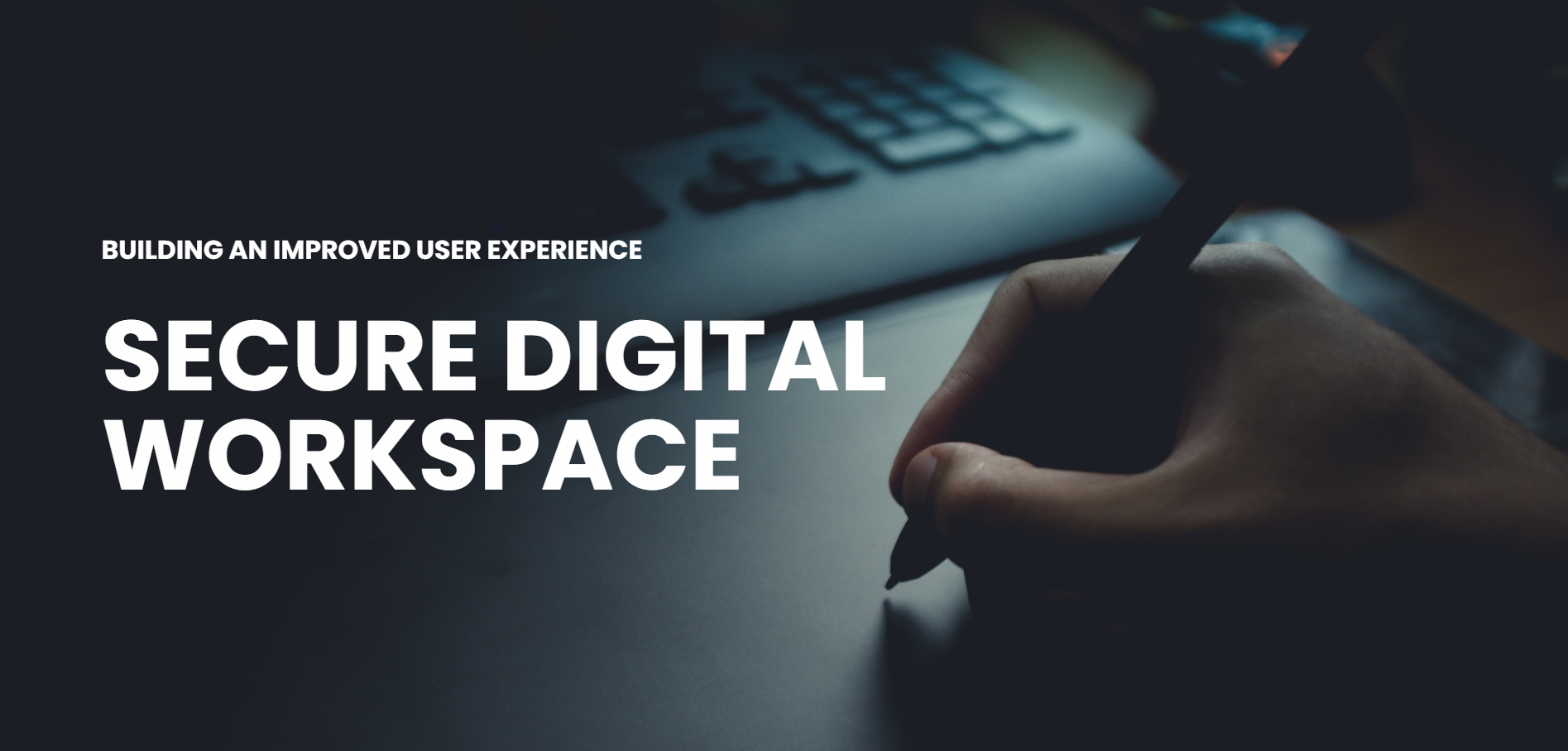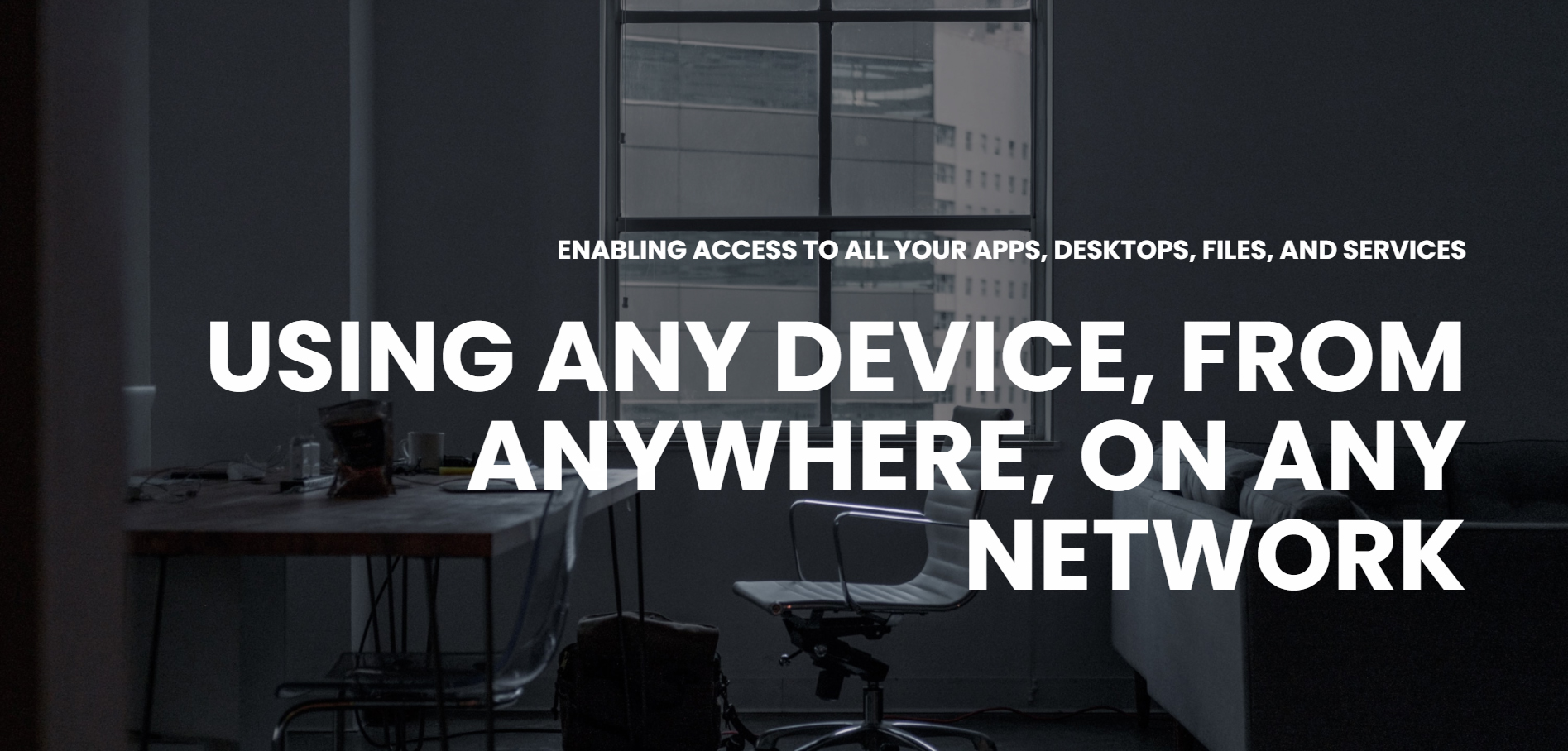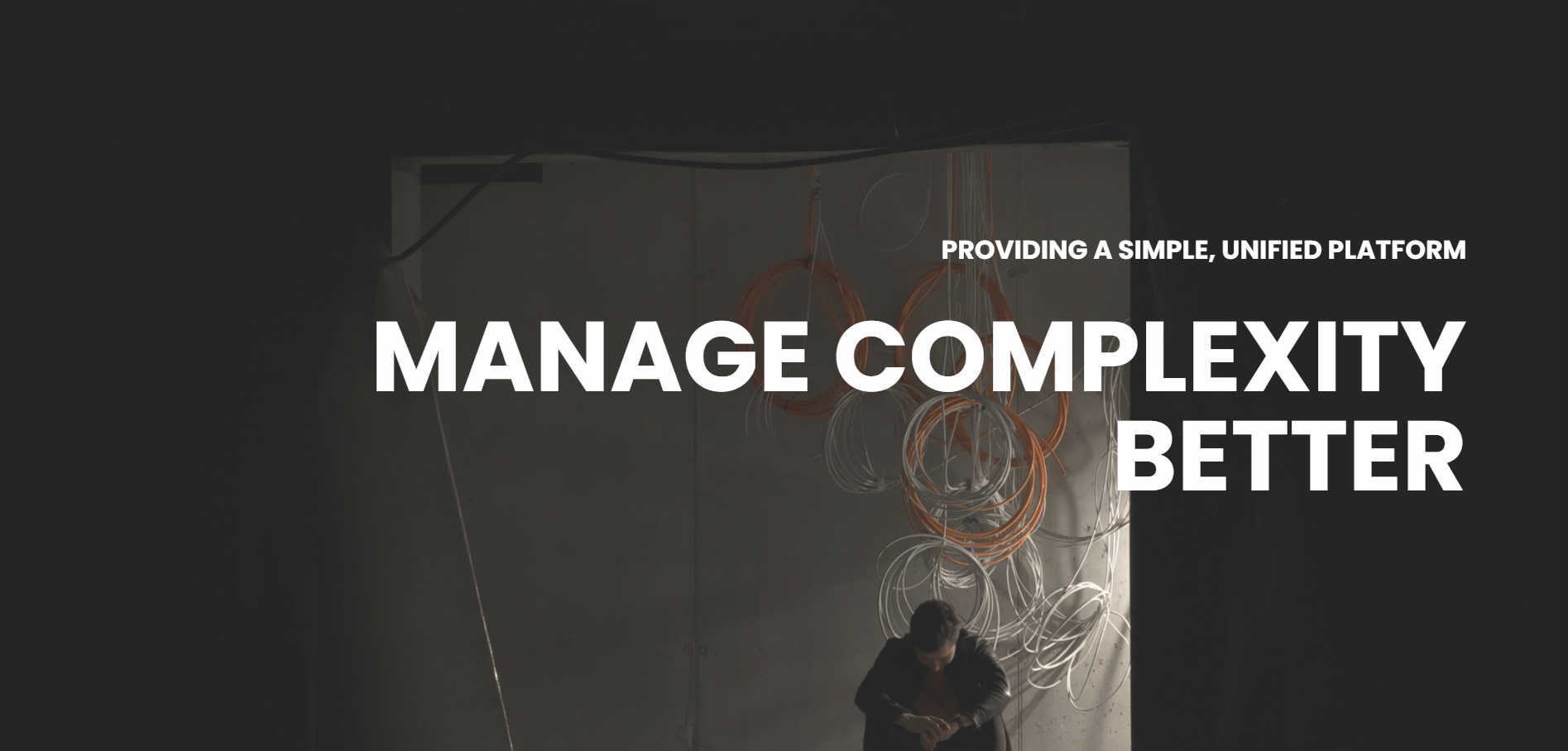Technology is resetting the boundaries for how and where people work. The future of work is dynamic and decentralised, and staff who are engaged in their work are more innovative and self-starting.
Research suggests that 85% of workers globally are disengaged. This has prompted employers to consider the working experience they create for employees and how to make it as engaging and productive as possible.
Troye CEO Helen Kruger says employers need to up their game and give employees what they really want: a simple and flexible way to get work done. “Employees want the freedom to work when, where and how they want. More importantly, they now expect things to be as easy as they are in their personal lives.”
Businesses that can seamlessly shift their staff and digital resources across workflows, and put the right information and insights at their fingertips, can redefine the work experience and engage their staff, and ultimately, their customers. These new ways will enhance their success.
The concept of the employee experience prompts employers to consider the holistic effect of the various ways in which the company interacts with workers. Business leaders don't always understand what truly motivates their employees to be committed and engaged at work.
Kruger says today’s workplace is complex and filled with distractions, something that frustrates employees and prevents real work from being done. “In a modern company today, the average employee needs to navigate four or more applications just to execute a single business process.
“Accessing these apps requires managing multiple passwords and interfaces, and all of this takes time. It takes the focus away from staff doing what they are paid to do,” she explains.
Technology is a key driver of the modern employee experience, but it also has the potential to turn the employer-worker relationship on its head. Employees spend more than 25% of their time searching for the information they need to do their jobs, and managers spend more than half of their time executing routine tasks.
It’s a problem IT has largely created by steadily implementing technology that was thought would simplify work, but has only made it more difficult. With modern solutions and the right strategy, it can be fixed. Considering that employees are also consumers, delivering digital tools in a way that’s intuitive and familiar for them will improve their experience.
To attract and retain good talent, business leaders need to rethink what 'workplace' means, and create digital environments that accommodate traditional, remote and part-time workers, and deliver the tools and the information they need to do their best work in a simple, unified way.
“It takes much more than a welcoming and efficient on-boarding experience to ensure that employees are engaged and productive throughout their time with a company. A bad experience, however, can sour a new hire’s outlook, creating negative first impressions that can be difficult to dislodge,” she warns.
The more engaged employees are in their work, the likelier it is that they will contribute to the success of a company. They will be more productive than less engaged colleagues, as well as more innovative and self-starting. These are critical attributes when business models and the competitive environment are changing rapidly.
But what specifically fosters such attributes? In recent years a consensus has formed that it is the totality of an employee’s involvement with the company, known as the employee experience, that ultimately influences their contribution to success.
According to a survey conducted by The Economist Intelligence Unit, the employee experience is firmly on the senior management agenda of the vast majority of firms. The research makes clear that nothing influences the employee experience more than the quality of leadership.
However, technology is also an important contributor, especially at firms whose employees are more engaged and more productive than their rivals. The same is true at companies that are further along in their digital transformation than others.
Kruger says the clear conclusion is that business leaders have several technology levers they can pull to brighten their employees’ journey through the company, from the time they are recruited to their departure and even later.
“Access to information breeds engagement and empowerment. Having ready access to the data and insights they need to do their jobs, wherever they are located, does more to influence employee engagement and productivity, and ultimately their overall experience, than other technology factors,” says Kruger.
For many companies, that translates into 'mobile first' policies and efforts to perfect their use of collaboration tools, the digitisation of on-boarding, training and other employee development activities, and efforts to recreate the consumer experience at work to the extent possible.
IT and HR may be different functions with different responsibilities, but they have a joint stake in delivering a high-quality employee experience. They may not be natural partners, but bridges are being built.
In the survey, IT and HR appear to feel they have a joint stake in improving the employee experience. To overcome the lack of understanding that hampers collaboration between IT and HR, many firms are taking practical measures, such as employing specialists with knowledge of both disciplines and developing common metrics.
Kruger says it’s not just IT strategy that needs to prioritise the employee experience. “The technology dimensions of improving it should also be recognised in the strategy of the HR function, as most such initiatives will involve digital technology in one way or another.”
It is difficult to overstate the role that strong leadership plays in outcomes associated with an improved employee experience. Among the contributing factors, leadership and management far outstrips others, including salary, in importance. The technology available to employees is also considered to be an important factor, akin in significance to company purpose and culture.
“A positive employee experience requires removing friction from work, and digital technology has a big part to play in that. Can I collaborate with people faster? Can I access information more rapidly? Can I engage in the work that I have to do and get it done faster?” Kruger explains.
There are important ways that technology does this; one is by facilitating employees’ access to the information needed to do their jobs. Such information may be previously siloed internal data that APIs surface for members of different teams.
It may take the form of insights about existing customers, for example, that come from advanced analytics tools. Increasingly, it may be predictions, eg about customer behaviour, supplier performance or maintenance requirements for production equipment, that AI algorithms generate.
“This information should always be available to employees, wherever they are. The ability to work from anywhere is nearly as important a driver of engagement as easy access to information, and is the most important one for high performers,” concludes Kruger.
Share
Troye
Troye is a leading 51% Black Women-Owned Level 1 BEE Information Technology solutions specialist and professional managed IT services provider. The accreditation was issued in May 2018 by South African National Accreditation System (SANAS) accredited BEE verification agency Honeycomb.
Over the past decade, Troye has designed and implemented superior integrated IT solutions for its small, medium and enterprise customers - concentrating on end-to-end virtualisation solutions.
Troye invests heavily in its customers through exceptional service excellence. This ensures a better understanding of the customer’s business and their technology requirements. More importantly, it enables customers to focus on their core business activities with the assurance that their investment in technology is safeguarded.
Troye focuses on minimising both cost and risk, maximising return on investment, driving innovation and safeguarding their customer’s business for the future.
Editorial contacts



